This systematic review with meta-analysis synthesizes available data from recent studies evaluating the effectiveness of immunotherapy and targeted therapy combinations in patients with non–clear cell renal cell carcinomas.
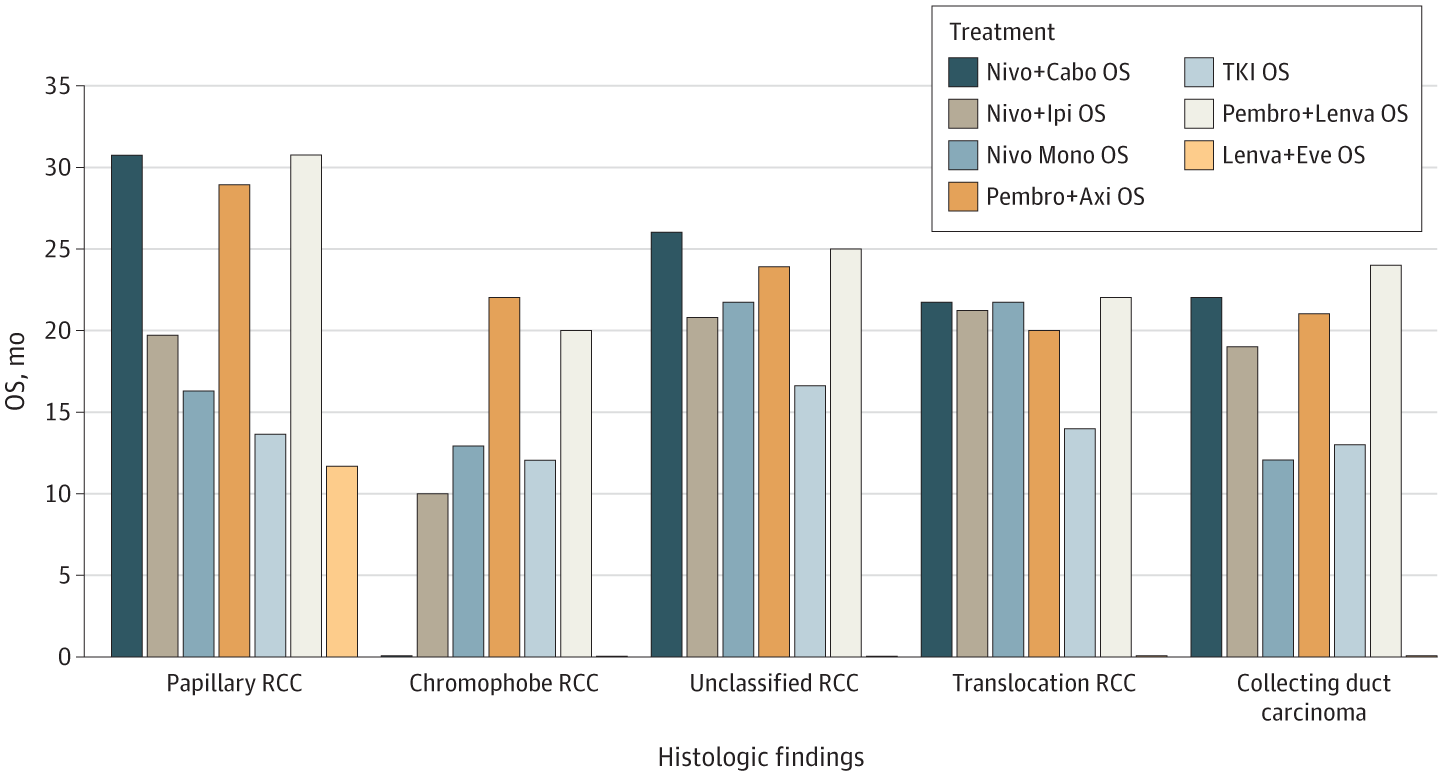

Trained on multi-hospital data, iSeg spots moving tumors doctors sometimes miss, edging radiation treatment toward pinpoint perfection.
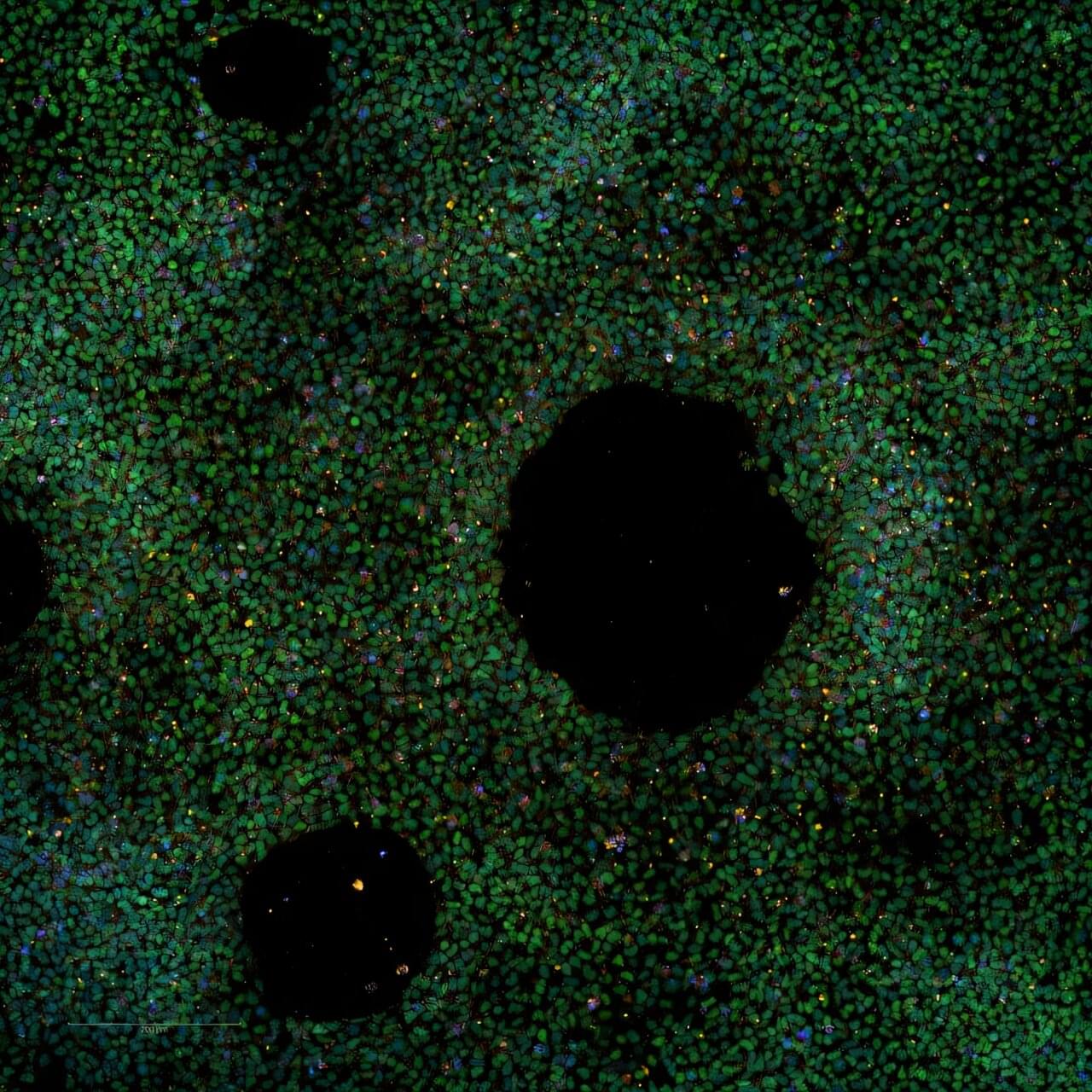
Alzheimer’s disease (AD) is a common, debilitating neurodegenerative disease affecting about 10% of people over the age of 65 and one third of people aged 85 and above. Besides environmental factors, the genes have a strong influence on whether or not a person develops AD during their lifetime.
Through genome sequencing of DNA from large groups of healthy people and people with AD, some naturally occurring small changes in the DNA, known as genetic variants, were found to be more frequent in AD patients than in healthy people.
As more and more of these AD-associated genetic “risk” variants are discovered, it is now possible to calculate a person’s individual polygenic risk score (PRS), meaning the likelihood of the person developing AD, with high accuracy.
Christof’s idea that split brain patients have split consciousness doesn’t really make sense and doesn’t correspond to the evidence. Consciousness is metaphysically simple — that is, my thoughts and sense of self can’t be split with a knife like the brain or a material thing can be split. What would it mean to say that I have “split” consciousness? Instead of Mike, there would be Mike and Joe, which wouldn’t be “split,” it would just be two people.
A category error
‘Split consciousness’ is an oxymoron, a category error. Consciousness is not the kind of thing that can be split, and there’s no evidence that one person can ever become two people. It’s science fiction, not science.
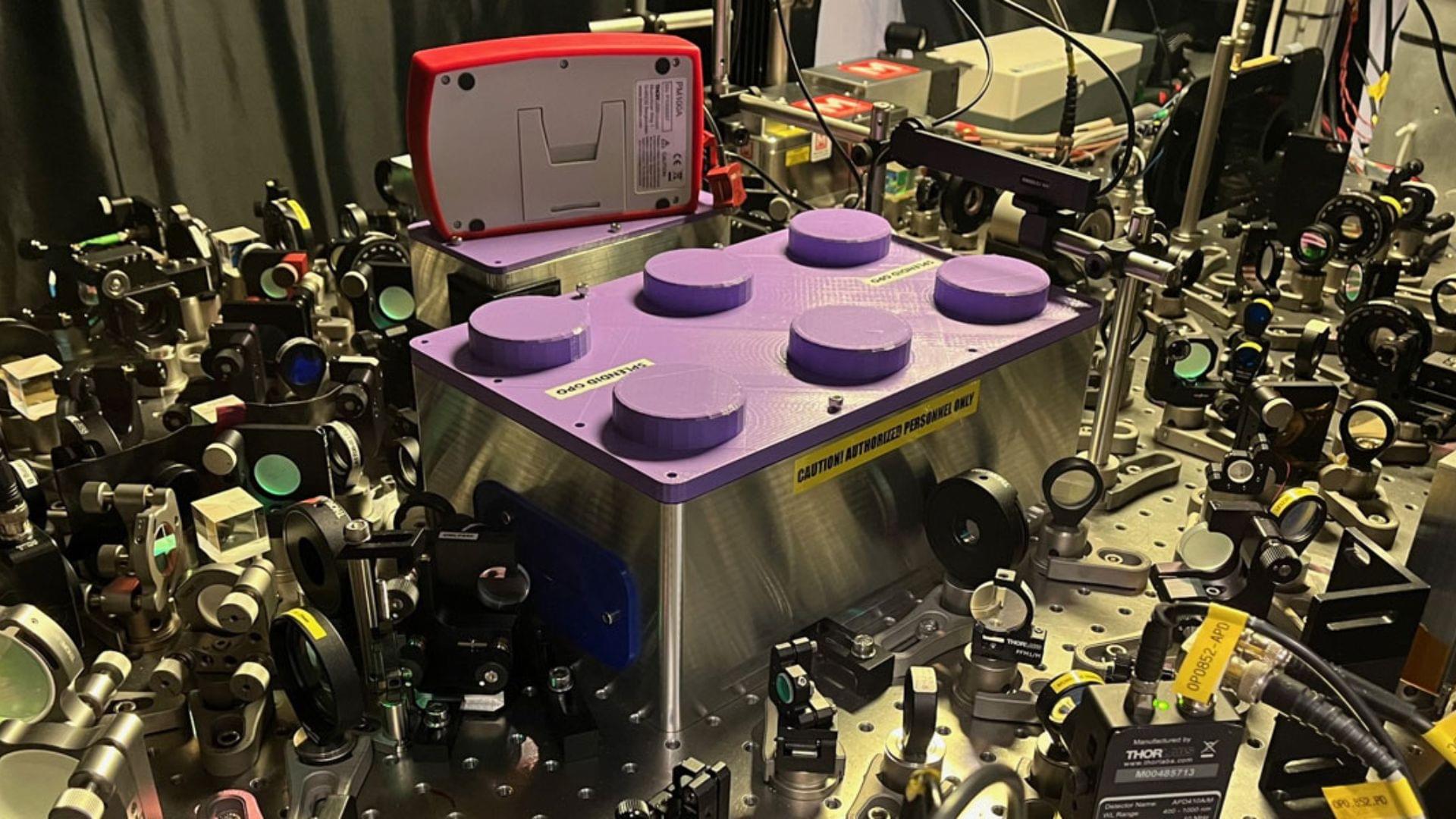
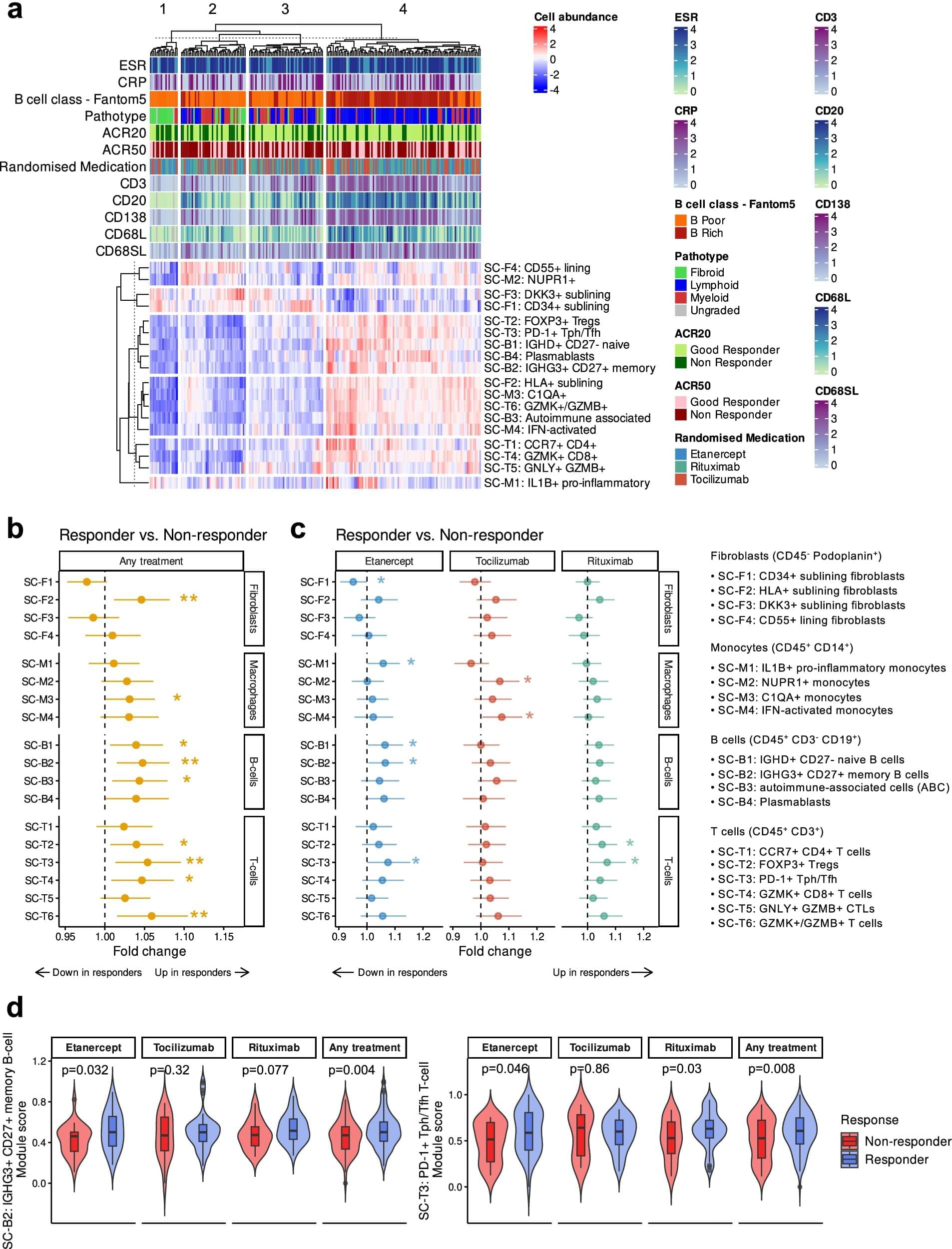
1 in 100 people in Britain today live with rheumatoid arthritis (RA). Unlike osteoarthritis (OA), RA is caused not by wear and tear but by the body’s immune system attacking its own joints. RA can strike quickly at any age—but is most common for people aged 40–60.
Biological therapies are the leading treatment. Clinicians use engineered proteins made from living cells to slow the disease by targeting the specific parts of the immune system that are going rogue. Over the past 20 years they have led to major improvements in helping patients to live with RA.
However, different patients will react differently to different biological therapies depending upon their genetics. This means individual therapies have a failure rate of approximately 40%.

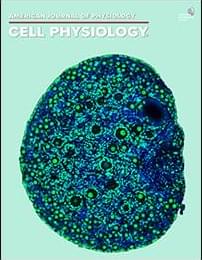
Bioactive phytochemicals, phenolic compounds, terpenoids, and alkaloids, exert antioxidative, anti-inflammatory, antigenotoxic, and anticancer effects, simultaneously showing minimal or no toxicity on normal, healthy cells. Phytochemicals targeting various signaling pathways and multiple mechanisms underlying intrinsic and acquired multidrug resistance (MDR) in cancer cells make them invaluable tools for the development of novel strategies for fighting against anticancer drug resistance in different types of cancer, which is one of the ultimate goals of modern oncology research. As MDR is described to be a simultaneous development of resistance to multiple drugs with different chemical structures, mechanisms of action, and targets it is not surprising that multiple factors, such as genetic and epigenetic changes, as well as noncoding RNAs, including microRNAs may significantly contribute to the development MDR in cancer cells, and its targeting and modulation of their expression to sensitize cells to treatment. This review implies that some natural compounds, such as curcumin, resveratrol, kaempferol, allicin, and quercetin, have the potential to interact with highly oncogenic and/or proinflammatory miRNAs, such as miR-21/155/663/146a, significantly influencing the response to cancer therapy. This article aims to point out how natural compounds may be used, accompanied by miRNAs mimics or miRNA inhibitors to treat specific types of cancer and its subtypes to overcome multidrug resistance. The main challenge is to determine the proper doses and concentrations of both miRNAs and compounds.
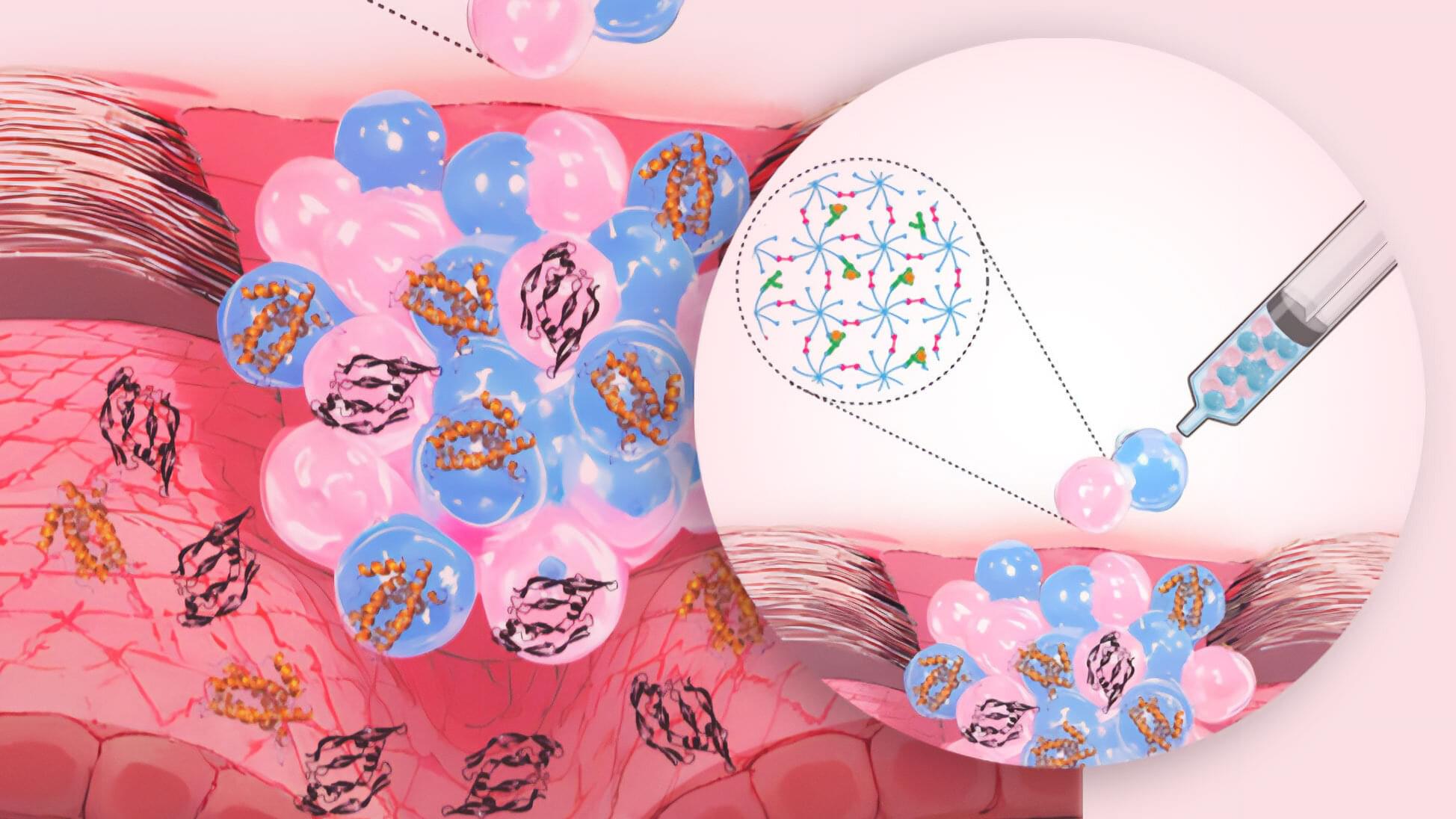
Chronic wounds are a major medical challenge, burdening health care systems with billions of dollars in costs every year. Pioneer Fellow Börte Emiroglu is developing a new product: a selective, sponge-like hydrogel that reduces inflammatory signals and actively promotes healing.
The work is published in the journal Advanced Healthcare Materials.
Emiroglu’s academic career has taken her from Turkey to Zurich, after a master’s degree, and straight into the interdisciplinary world of biomedical engineering at ETH Zurich. “Back then, I didn’t even know what a hydrogel was,” she recalls, thinking back to the early days of her doctoral research at the Macromolecular Engineering Laboratory under the supervision of Professor Mark Tibbitt.
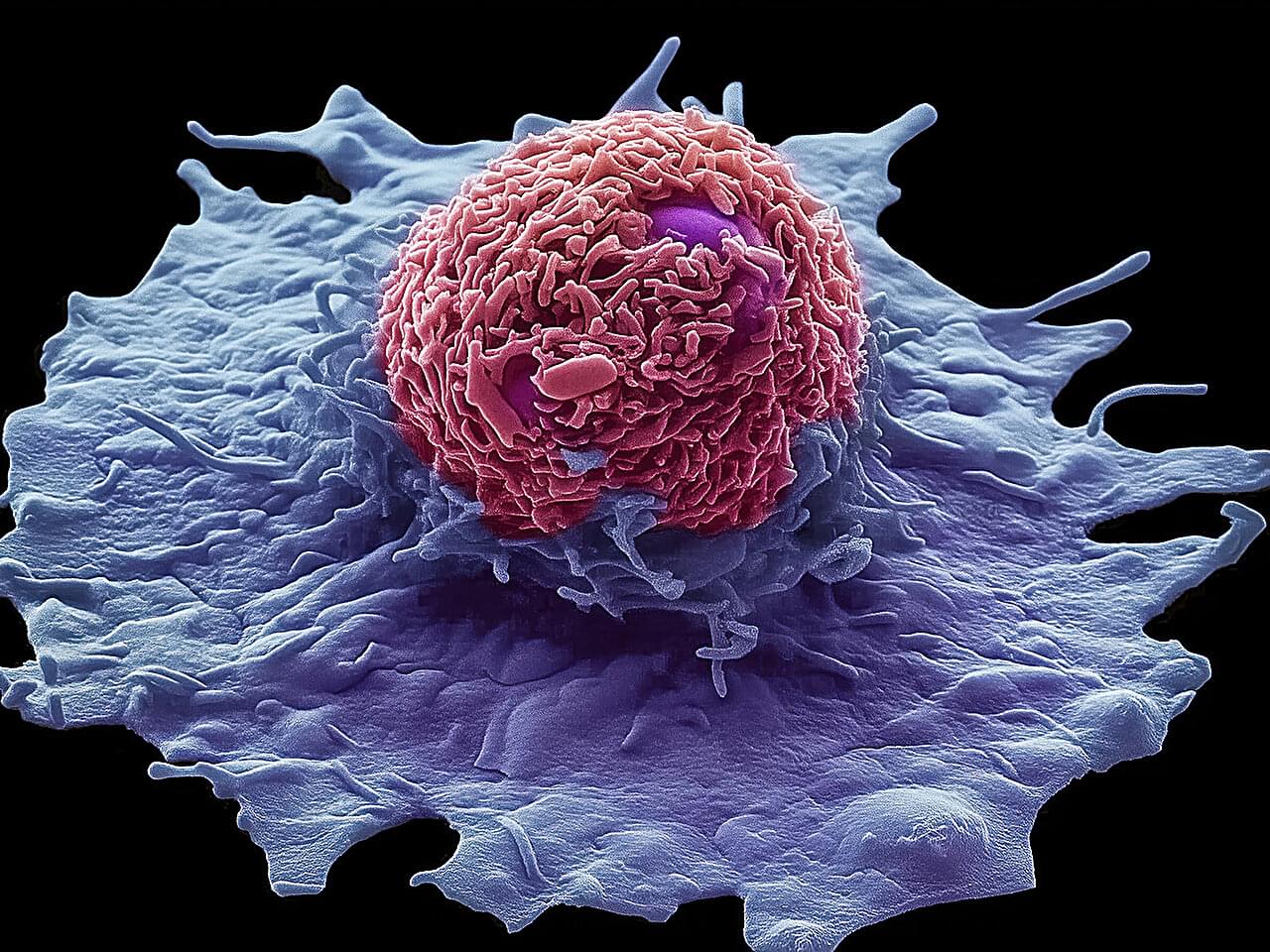
Lung macrophages play a pivotal role in diseases like idiopathic pulmonary fibrosis. Two types of macrophages—the white blood cells that defend the body by killing microbes, removing dead cells and stimulating immune responses—are found in the lung. They are tissue resident macrophages, which are present from birth, and monocyte-derived macrophages that enter the lungs for a short time in response to damage or infection.
Recently these monocyte-derived alveolar macrophages, or Mo-AMs, were identified as key drivers of lung fibrosis disease progression. However, the mechanisms of their pro-fibrotic behavior and survival in the lungs remained unclear, so clinicians continue to lack effective therapies.
In a study published in the journal Nature Communications, Gang Liu, M.D., Ph.D., Huachun Cui, Ph.D., and their University of Alabama at Birmingham colleagues show that TREM2, a cell surface receptor protein on Mo-AM cells, is a critical regulator of macrophage-mediated lung fibrosis. This makes it a promising therapeutic target for intervention, says Gang, a professor in the UAB Department of Medicine Division of Pulmonary, Allergy and Critical Care Medicine.